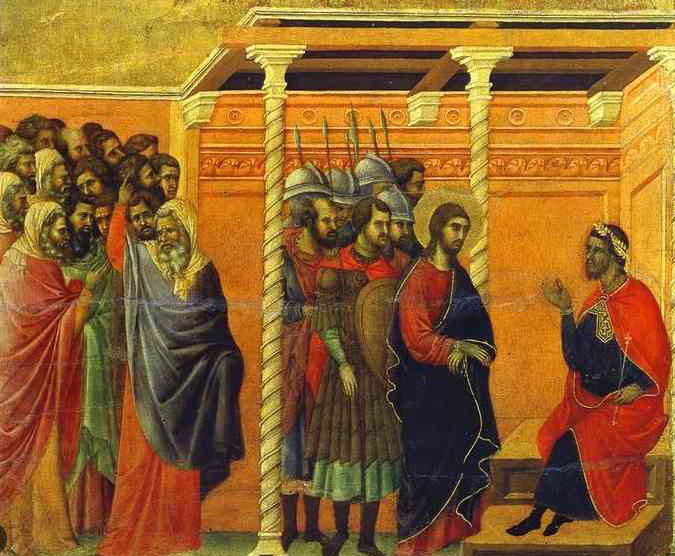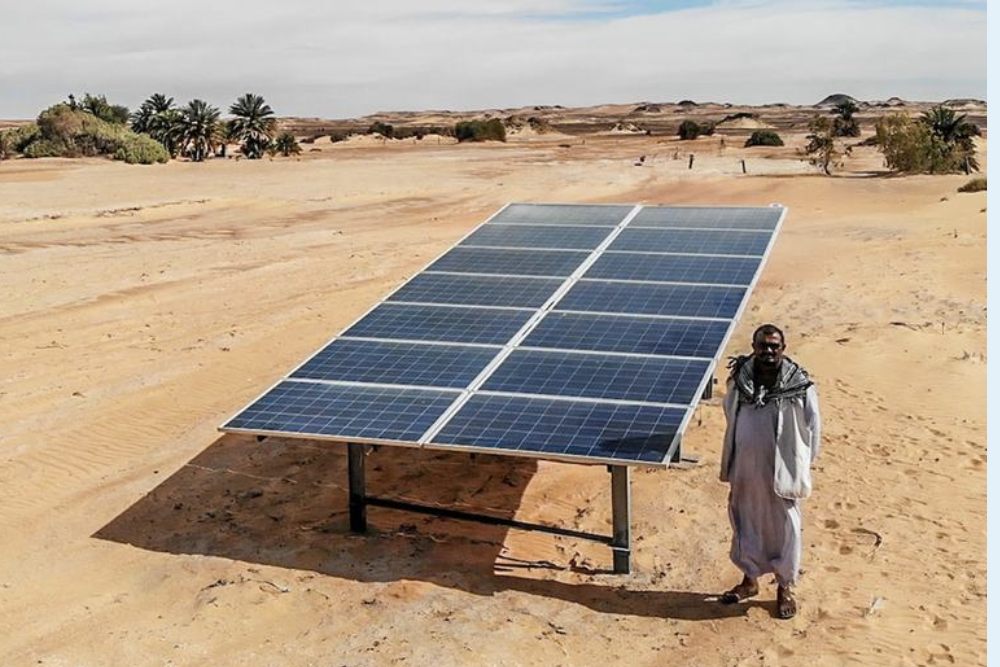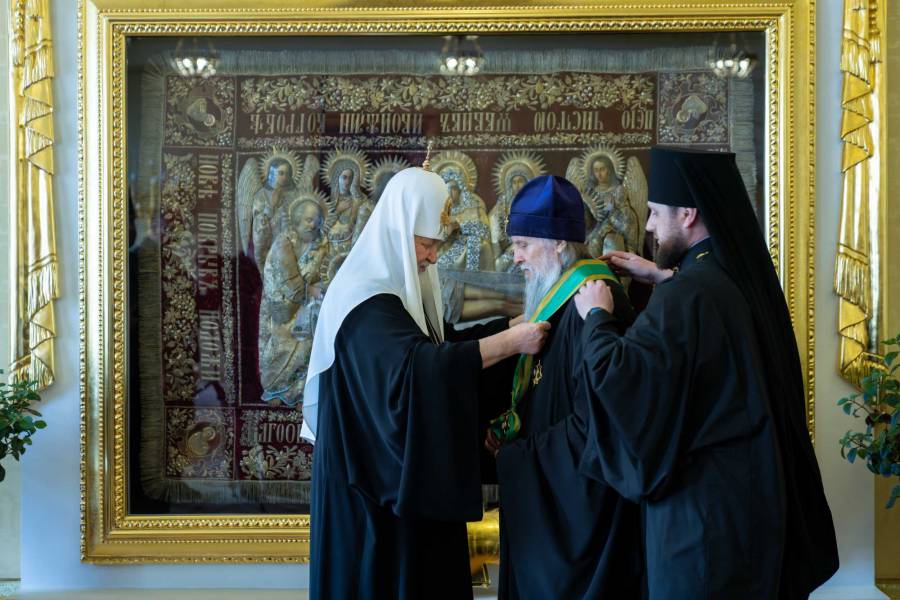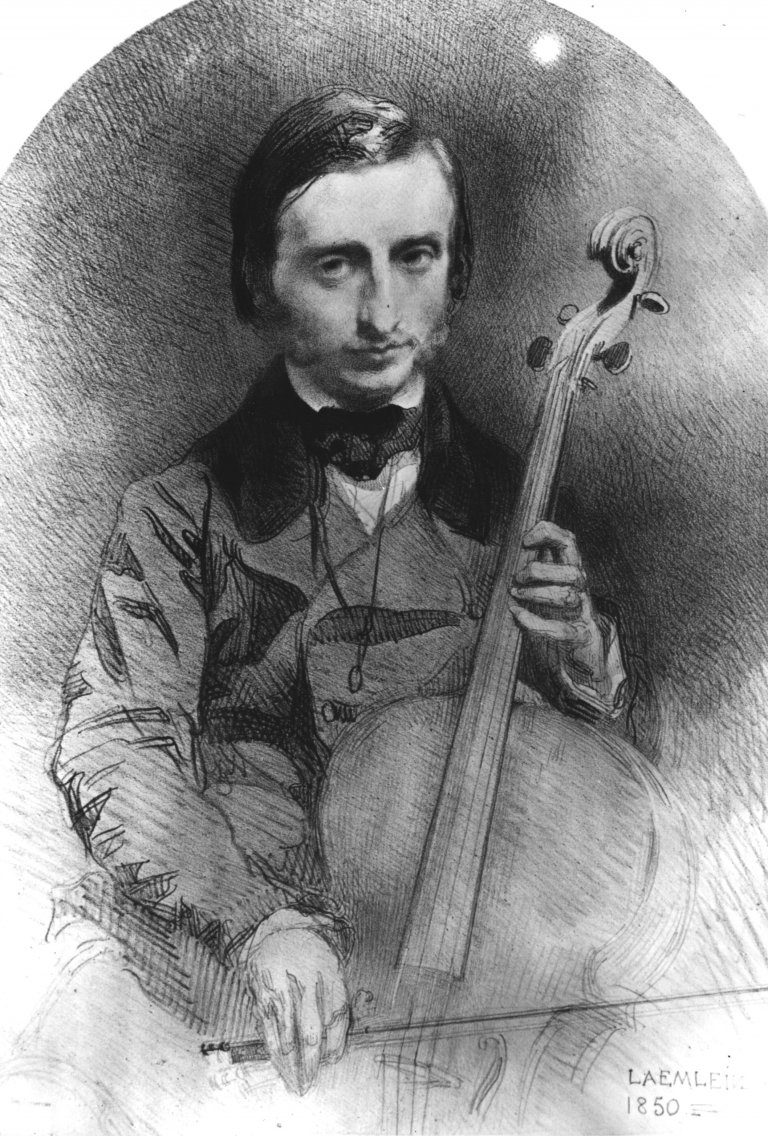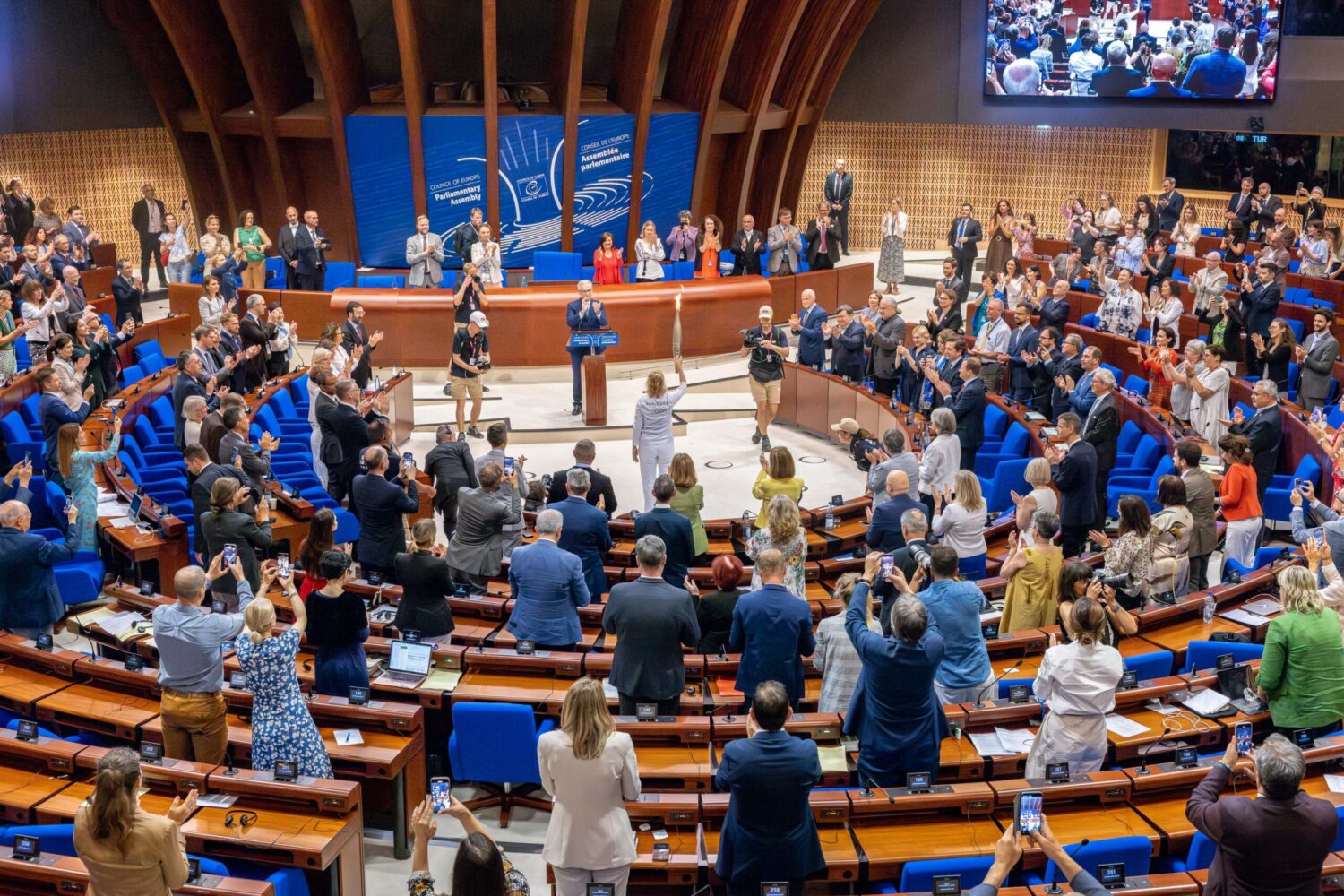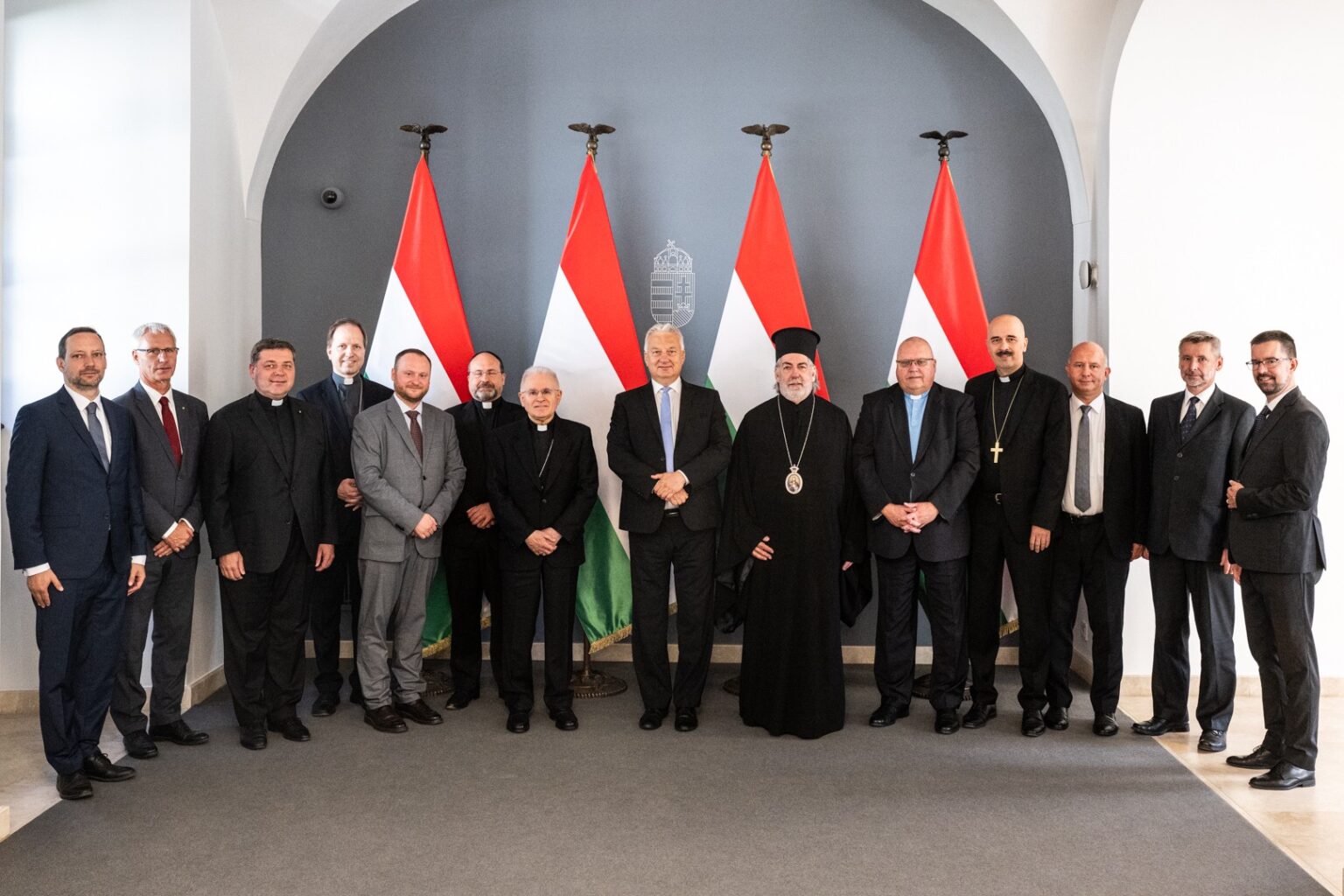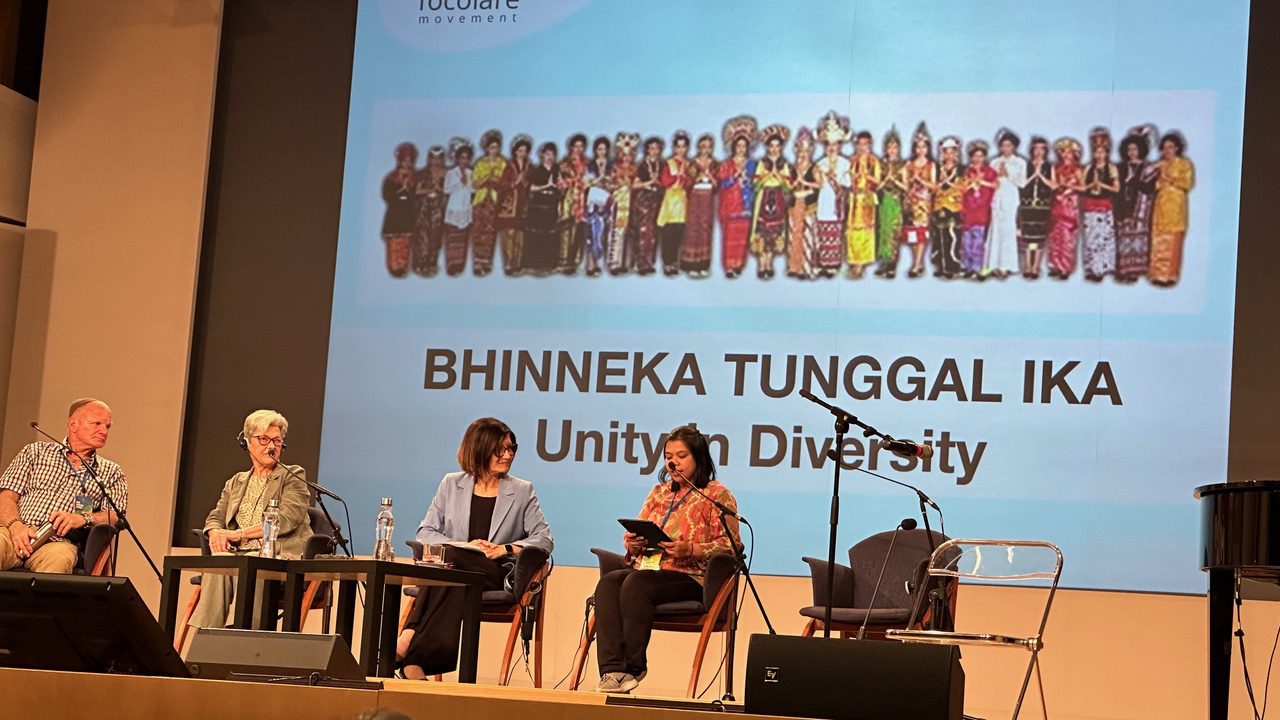By prof. A. P. Lopukhin
John, chapter 18. 1 – 11. Taking away Jesus Christ by the soldiers. 12 – 27. Christ before Annas and Caiaphas. 28 – 40. Christ before Pilate.
18:1. Having said this, Jesus went out with His disciples beyond the brook Kidron, where there was a garden, into which He Himself and His disciples entered.
The Evangelist describes the story of the capture of Christ by the guard and the judgment upon Him a little more briefly than in the Synoptic Gospels, and in other cases in more detail, indicating some details of these events that were omitted by the first three Evangelists. Thus he reports that at the end of His farewell talk with the disciples, the Lord came out (from the upper room where the talk took place) “beyond the Kidron stream”, which the Synoptics do not mention. The Kedron was a small stream flowing through the valley between Jerusalem and the Mount of Olives. His name means “black, cloudy” in Hebrew. The Evangelist calls it a winter stream (χείμαρρος), i.e. it only had water in it when it rained (in winter). The place where Christ went, the evangelist calls a garden, without giving the name of this garden (in the Synoptics it is “Gethsemane”).
18:2. And Judas, who was going to betray Him, also knew this place, because Jesus often gathered there with His disciples.
The evangelist notes that this garden, as the place where Christ usually stopped on his visits to Jerusalem, was well known to Judas. This shows that the Lord apparently did not want to take any measures to protect Himself from a possible attack against Him by His enemies, led by Judas: He knowingly and willingly allowed Himself to be captured.
18:3. Then Judas, taking a company of soldiers and servants from among the chief priests and Pharisees, came thither with lanterns and lamps and with weapons.
The members of the Sanhedrin evidently succeeded in persuading Pilate of the peculiar danger represented by the movement undertaken by Christ, and the procurator (cf. the interpretation of Matt. 22:2) gave them a body of soldiers (σπεῖρα, part of a cohort), to which joined by the servants of the Sanhedrin. Although it was bright from the full moon, the soldiers took lanterns to examine the whole garden, all its corners.
18:4. And Jesus, knowing all that would happen to Him, went out and said to them: Whom are you looking for?
18:5. They answered him: Jesus of Nazareth. Jesus says to them: I am. With them stood Judas, who betrayed Him.
Christ does not wait to be found, but Himself goes out to meet the soldiers from that somewhat secluded place where He performed His prayer (cf. Luke 22:41). The evangelist explains the calm that Christ showed by the fact that the Lord knew in advance everything that would happen to Him.
18:6. And when he said to them: It is I, they drew back and fell to the ground.
18:7. Again he asked them: who are you looking for? They said: Jesus of Nazareth.
18:8. Jesus answered: I told you that I am; and so, if you seek Me, let them go;
18:9. that the word spoken by Him might be fulfilled: “of those whom Thou hast given Me, I have lost none.”
When the soldiers and officials of the Sanhedrin, who were near Christ, heard from His own lips that Jesus of Nazareth was standing before them, they were afraid, retreated and fell to the ground. Probably the most frightened of all were the Jewish ministers, who, of course, remembered the stories of Christ’s miracles and perhaps were afraid that Christ would do to them the way the prophet Elijah once did to the soldiers who came to arrest him (4 Kings . 1:10). John notes that Christ asked the soldiers not to touch His disciples: thus His word was fulfilled in the high priestly prayer (John 17:12; 6:39). The reason why Christ did not want His disciples to be taken away with Him was, of course, that they had to carry on His work, and were not yet ready to suffer.
18:10. And Simon Peter, who had a knife, drew it out and struck the servant of the high priest and cut off his right ear. The servant’s name was Malchus.
Repeating here the story of the synoptics about cutting off the ear of the bishop’s servant with a knife, Evangelist John adds that it was the apostle Peter who did it and that the servant’s name was Malchus. This name is not Jewish, but Arabic, and probably this servant was a Gentile by birth.
18:11. But Jesus said to Peter: put your knife in its sheath; shall I not drink the cup that the Father has given Me?
Christ’s remark to the apostle Peter in the first half is similar to what the evangelist Matthew wrote (Matt. 26:52), and the second half, although it contains a thought similar to that in Matt. 26:54, is addressed to a person who was familiar with the prayer of Christ in Gethsemane, that is, it was supposed to recall what Christ said then. (Luke 22:42).
18:12. Then the band and the centurion and the Jewish servants took Jesus and bound him,
18:13. and they led Him first to Annas; for he was the father-in-law of Caiaphas, who in that year was high priest.
The evangelist Luke says that Christ was taken from Gethsemane “to the house of the high priest” (Luke 22:54), and the evangelist Mark (Mark 14:53) – to the high priest Caiaphas (Matt. 26:57). John reports more accurate information here. They did not take Christ directly to Caiaphas, not to the high priest, but to the father-in-law of the then high priest Caiaphas – Anna (according to the Hebrew pronunciation – Annan). Annas himself was high priest from AD 6 to AD 15. and he was respected by the members of the Sanhedrin and especially by Caiaphas, who granted him a special room in the house of the high priest.
18:14. And Caiaphas was the one who had given the Jews advice that it was better for one man to die for the people.
Before presenting Christ to the Sanhedrin, Caiaphas interrogates Him in the chamber of Annas. Further, when he speaks of the high priest who questioned Christ at Annas, the evangelist John has Caiaphas in mind, as is clear from his particularly insistent remark that it was Caiaphas who was the high priest at that time.
18:15. Simon Peter and the other disciple followed Jesus; and this disciple was known to the high priest, and entered with Jesus into the court of the high priest.
The story of the evangelist John continues with the apostle Peter and his denial. The synoptics depict all three denials of Peter as occurring without interruption (only the Evangelist Luke reports that about an hour passed between the second and third denials – Luke 22:59), but John says that the first occurred immediately after the apostle Peter entered in the court of the high priest, and the second and third – after the end of the interrogation at Annas, when Christ was taken to Caiaphas.
“the other student.” Another disciple entered with Peter, and according to the explanation of the fathers and teachers of the Church (John Chrysostom, Theodoret, Cyril of Alexandria, Ephraim) this was John himself, who usually avoids being named by name. According to Tsan, the apostle James, brother of John, is meant here, but the evidence he provides is not conclusive. According to him, the expression ἄλλος (the other) stands without an article (that is, “another disciple”) and therefore cannot refer to John himself, who uses it with an article for himself (John 20:2). But against this evidence we may point to many of the oldest manuscripts in which the word is placed with the article.
18:16. And Peter was standing outside by the door. The other disciple, who was known to the high priest, went out and spoke to the gatekeeper and brought in Petra.
This disciple actually brought the apostle Peter into the court because he knew the high priest personally.
18:17. Then the servant-porter says to Petra: are you not also one of the disciples of this Man? He answers: I am not.
The doorkeeper knew that John was a disciple of Christ, and therefore she asked the apostle Peter: “Aren’t you also one of this man’s disciples?” Here she expresses her astonishment that there is yet another person who dares to put herself in obvious danger with her teacher. Apostle Peter thoughtlessly answered her question in the negative without giving it much importance. Then he goes to the fire to warm himself along with the slaves and servants.
18:18. And the slaves and servants had built a fire for themselves, because it was cold, and they stood there warming themselves. Peter stood with them and basked.
18:19. And the high priest asked Jesus about His disciples and about His teaching.
Caiaphas wanted to subject Christ to a preliminary questioning, but Christ refused to give him any explanation of His teaching: all His activity was open to all. He did not gather the people in secret meetings. From this it can be concluded that the high priest wanted to give the work of Christ a political tone.
18:20. Jesus answered him: I spoke openly to the world; I have always taught in the synagogues and in the temple, where the Jews gather on the other side, and I have not spoken anything in secret.
18:21. Why do you ask Me? Ask those who have heard what I have spoken to them; behold, they know what I have spoken.
18:22. When He said this, one of the servants who was standing nearby slapped Jesus and said: is this how you answer the high priest?
One of the servants accompanying Christ, wishing to please the high priest, struck Christ on the cheek. This was an extremely low act: even among the barbarians it was considered inadmissible to fight the defendant. But here the prophecy of the prophet Micah was fulfilled: “the judge of Israel will be beaten with a rod” (Mic. 5:1).
18:23. Jesus answered him: if I spoke evil, prove the evil; if so – well, why are you beating Me?
However, Christ did not leave unanswered the unworthy act of the servant. From this it can be concluded that Christ’s command not to resist evil (Matt. 5:39) cannot be understood literally, as some do: Christ requires that He be punished according to the law, and not according to arbitrariness. And if the evangelist brings here this request of Christ, uttered only on the occasion of his blow, he wants to emphasize precisely the arbitrariness shown to him by the Jewish authorities and by the unbelieving Jews in general.
18:24. Then Annas sent Him bound to Caiaphas the high priest.
By reporting that Annas sent Christ to Caiaphas, the evangelist seems to imply that Caiaphas had not yet questioned Christ.
But the expression “at Caiaphas” means “in the dwelling of Caiaphas” (compare the expression “with you” in 1 Tim. 3:14, i.e. at Ephesus, or “through you” in 2 Cor. 1:16, i.e. f. via Corinth). And the addition “to the high priest” at the very end of the verse (according to the Greek text) shows that Christ had already been sent to Caiaphas for an official trial.
18:25. And Simon Peter stood and basked. And they said to him: Aren’t you also one of His disciples? He denied it and said: I am not.
Meanwhile, Peter continued to stand in the courtyard by the fire (John probably followed Christ first to Annas and then to Caiaphas). Here he is exposed to a new danger. The servants, seeing a man unknown to them, naturally assumed that he was one of Christ’s disciples, and asked him about it. Peter, having already answered this question once (to the portermaid) in the negative, and fearing that if he now gave an affirmative answer, he would contradict himself, denied Christ a second time.
18:26. One of the servants of the high priest, a relative of the one whose ear Peter cut off, says: did I not see you in the garden with Him?
Finally, when one of the servants asked Peter if he had not seen him in the garden with Christ—he was a relative of Malchus—Peter again confirmed his denial. From the tone of the question, he could guess that the servant had not seen his face clearly in the torchlight.
18:27. Peter again denied; and then a rooster crowed.
John concludes his account of Peter’s denial by simply stating that immediately after Peter’s denial, a rooster crowed. He tells this to show how exactly Christ’s prophecy about Peter’s denial was fulfilled (John 13:38). The rest of the details of this event, as handed down by the forecasters, he omits as known to his readers.
Source in Russian: Explanatory Bible, or Commentaries on all the books of the Holy Scriptures of the Old and New Testaments: In 7 volumes / Ed. prof. A. P. Lopukhin. – Ed. 4th. – Moscow: Dar, 2009, 1232 pp.
(to be continued)



